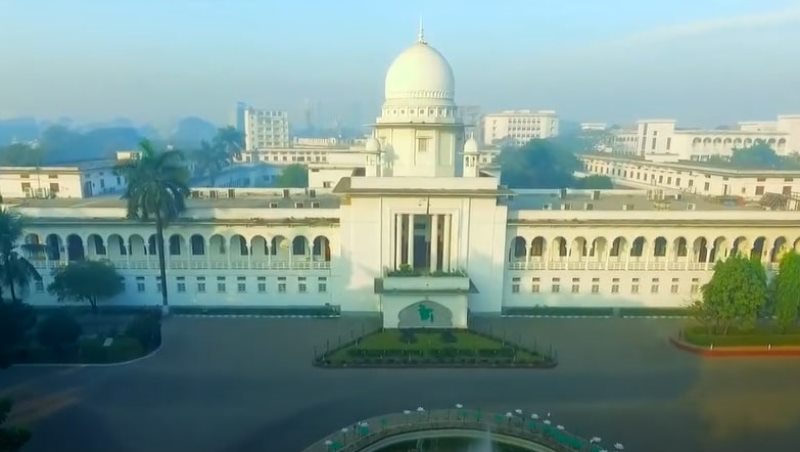Bangladesh
 Govt. Employees Arrest
Govt. Employees Arrest High Court's ruling on cancellation of prior permission to arrest government employees suspended
Dhaka, September 1: The Appellate Division has adjourned the High Court's judgment till October 23 overturning the provision of taking prior permission of the government to arrest government employees. At the same time, the state side has been asked to file an appeal against the High Court's verdict within this period.
On Thursday (September 1), the full Appellate Division of 6 judges headed by Chief Justice Hasan Faiz Siddiqui gave this order. Lawyer Manzil Morsed was in favor of the writ in the court. Attorney General AM Amin Uddin appeared for the state.
Later, Attorney General AM Amin Uddin said that the High Court's judgment was suspended by the Appellate Division. As a result, section 41(1) of the Public Service Act, 2018, which provides for the prior permission of the government to arrest government servants, will remain in force.
Earlier, on August 25, the High Court canceled the provision of taking the government's prior permission to arrest government employees. The court said that Section 41(1) of the Public Service Act, 2018 is illegal, unconstitutional and violative of fundamental rights. Justice Md. Mojibur Rahman Mia and Justice Kazi Md. Izarul Haque Akand's High Court Bench announced this verdict that day. Later, the state applied to the Appellate Division seeking suspension of this verdict.
After the judgment on that day, lawyer Manzil Morsed said, the court has declared section 41(1) of the Public Service Act-2018 illegal, contrary to the constitution, and contrary to fundamental rights. The court said that Article 27 of the Constitution clearly states that all are equal before the law. However, Section 41(1) provides a separate protection to Government servants. It is not constitutional in any way, this law is made for a malafide (dishonest) purpose.
Pointing out that Section 41(1) of the Act was added to protect government employees, he said, as a result of this judgment, prior permission is not required for their arrest.
He said, "We have shown the court that there is only one purpose behind making this law, that is to ensure many privileges to government employees by showing them as a special class a little different from ordinary citizens. Even if they commit a crime, they should not be punished as criminals. In particular, the independence of the ACC was undermined by this act."



